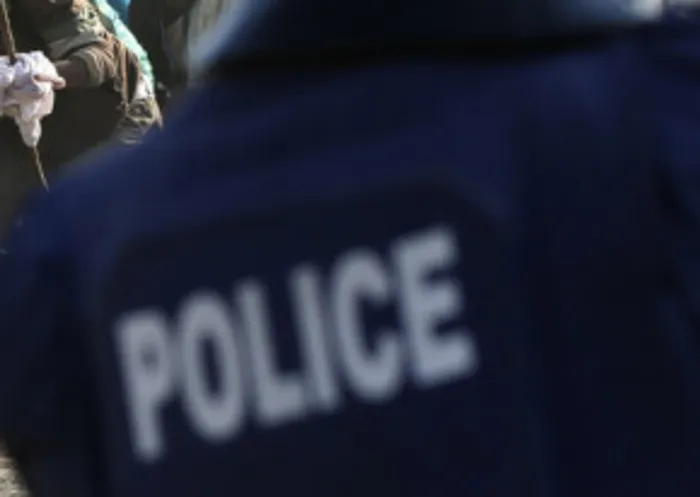Police rules ‘were overdue for update’

Johannesburg - Police management failed to update its own rules for dealing with public protests, leaving officers ignoring standing orders in the disastrous Marikana shootings.
The rules on dealing with protests forbid the use of live ammunition, but this was ignored. “Who gave them the right to override a national instruction?” asked DA MP Dianne Kohler Barnard. SAPS management would not comment on Monday.
On Friday, national commissioner General Riah Phiyega said attempts had been made to talk to and disarm the group.
Officers then started rolling out barbed wire, but were outflanked by protesters who charged them.
She said police had used water cannons, rubber bullets and stun grenades and, after being stormed by protesters who fired on them, police had retreated and used “maximum force” to defend themselves.
While the existing rules for police assume some protest situations may become violent, they don’t explicitly take into account a situation like Marikana, when there was a stand-off for days between police and thousands of protesting miners armed with pangas and swords. The protest ended with 34 protesters dead, 78 wounded and 259 arrested.
“The SAPS must urgently review its current dispensation and operational approach to the policing of public protests and riots,” said a document issued by the Ministry of Police in August last year.
The same month, the Independent Complaints Directorate - now the Independent Police Investigative Directorate (IPID) - also called for a review of the standard operating procedures on crowd control. But this hasn’t been done.
Parliament’s portfolio committee on police hadn’t seen anything, said Kohler Barnard.
Johan Burger, of the Institute for Security Studies, said the review was still in progress.
The SAPS Standing Order (General) 262, issued in 2004, remains the rule for crowd management during gatherings and demonstrations.
It emphasises the need for minimum force, but does not remove the right to self-defence. It prohibits the use of 37mm stoppers (used to fire rubber bullets or teargas) and the use of firearms and sharp ammunition, and restricts rubber bullets to extreme circumstances.
However, in December, following the death of Andries Tatane in Free State in April last year, police management prohibited the use of rubber bullets and shotguns in favour of “pyrotechnics, water cannon and 40mm stopper”.
At Marikana, police used live ammunition. Video footage shows police using sidearms and semi-automatic weapons.
SO 262 orders that force may only be used on the instruction of the commander.
It is not clear if an order to open fire was issued - media footage records shouts of “Cease fire!”, but no orders to open fire - or whether the shooting will be regarded as self-defence.
Burger said it wasn’t appropriate to prohibit rubber bullets and that police should be given better training instead.
He said there wasn’t enough equipment and police had a right to defend themselves in a bad situation.
SO 262 also instructs commanders to plan, do threat assessments to assess a changing situation, be proactive in conflict resolution, use defensive measures and keep written records of everything.
If negotiations fail and there is a threat to life or property, the police must put in place defensive measures - like razor-wire barriers - warn protesters, bring in reserves, give protesters a second warning, then “plan all offensive actions well and execute them under strict command”.
If force is unavoidable, it must be minimum, and “reasonable”, says SO 262.
The Ipid and police ministry in their memos a year ago also emphasised that commanders must fill in SAP 15 forms for each police member deployed, recording weapons and ammunition issued.
The incident is to be investigated by a judicial inquiry and the directorate.
Ipid spokesman Moses Dlamini said nearly 500 police members had been deployed and weapons were being collected from those who fired.
- The Star
louise.flanagan@inl.co.za